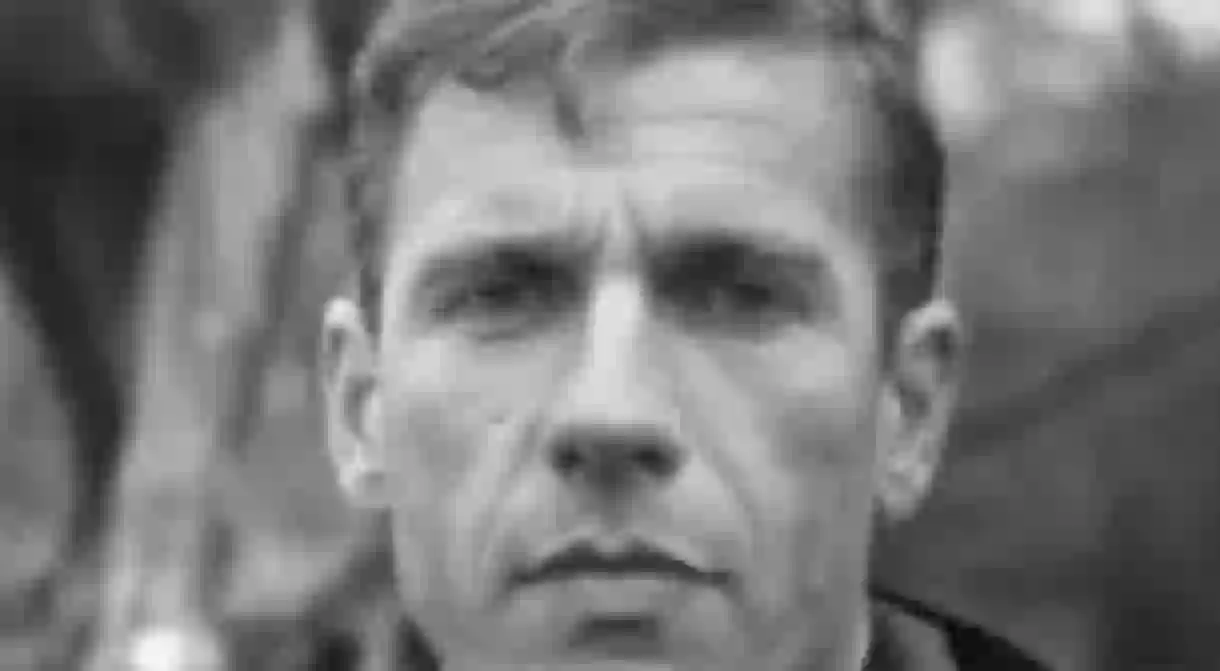The ‘Three Giants’ of Dutch Literature: Hermans, Reve and Mulisch

Willem Frederik Hermans, Gerard Reve and Harry Mulisch are revered as literary icons of The Netherlands. As Lindsay Parnell discovers, they are considered responsible for not only putting Dutch literature on the international map, but helping to define Dutch culture in the 20th century. Regrettably, many of these authors’ works are not readily available in the English speaking world.
Willem Frederik Hermans:

A master of both the written and visual narrative, Willem Frederik Hermans was an accomplished craftsman of prose, the visual arts, philosophy and academic scholarship. Hermans’ literary debut came in 1948 with the publication of Moedwil en misverstand (Intention and Misunderstanding), a collection of short stories celebrated for its sparsely declarative but proactive prose; powerful and pulsating. Hermans’ most celebrated titles are a pair of stirring novels published at the height of his literary powers. Published in 1958, De donkere kamer van Damokles (The Darkroom of Damocles) is not only a tense thriller, but also a philosophical interrogation of the human condition. It is centered on one Dutch man’s attempt to execute clandestine operations as delegated by a complete stranger, against the Nazi secret police occupying the Netherlands. 1966’s Nooit meer slapen (Beyond Sleep) is a literary narrative which enters the esoteric world of scientific research. It tells the story of a young Dutch scholar studying geology and his travels to northern Norway to investigate the circumstances surrounding vast craters. Known for a meticulous, although often perversely austere, control of both language and narrative, Hermans’ fiction embraces an inspired fusion of methodically exploring human existence, while also deconstructing harrowing episodes of European history.
Gerard Reve:

With a literary career spanning forty years and over thirty publications, the work of Gerard Reve is now regarded as some of the most celebrated Dutch literature in print, although it was unjustly dismissed as obscene upon its original publication. Reve’s fiction debut, written under the pseudonym of ‘Simon van het Reve’, De avonden (The Evenings) was published in late 1947. De avonden chronicles the happenings of ten evenings in the life of the lively twenty-something Frits van Egters. Reve’s works were initially criticized for their frank discussion of sexuality and their depiction of homosexual relationships, which at that time was attacked as indecent. Although a pioneer of erotic fiction in Dutch Literature, Reve’s narrative depictions of sexual intimacy were interwoven with literary symbols and the theme of Western religion. Reve’s religious preoccupations also found a voice in language, particularly his use of early Biblical vernacular. A master of humor whose sardonic tone has proved to be both entertaining and enlightening, Reve’s prose canon is one to be celebrated.
Harry Mulisch:

Perhaps the most prolific of the ‘Great Three’ of Dutch literature, Harry Mulisch is also the most renowned of the triumvirate. The creator of more than 80 published works (including poetry, prose, non-fiction essay and academia), Mulisch garnered an international audience and was considered for the Nobel Prize for Literature before his death in 2010. Greatly influenced by the horrors of World War II (Mulisch’s mother was Jewish and narrowly escaped deportation to a concentration camp) his works display an awareness of historical tragedy as well as an undercurrent of spirituality. An inspired student and scribe of mythology (both in terms of Jewish spiritualism and classical Greek mythology), Mulisch’s canon contains various explorations of reconstructed myth applied to modern narrative. Published when he was just 25-years-old, Mulisch’s debut novel, Archibald Strohalm was released in 1952 and was a rousing introduction to his canon. Two of Mulisch’s most revered texts were published a decade apart in the later years of his career. De Aanslag (The Assault) published in 1982 is the haunting story of Anton, a survivor of the violent oppression of the Nazis during WWII and his attempt to erase his painful past. Centered on the arrival of a dead body outside his family home, Anton struggles to remember what events led to his current circumstances. Mulisch’s experimentation with the workings and boundaries of memory results in a stirring and evocative narrative. 1992’s The Discovery of Heaven, perhaps Mulisch’s most well-known text, revisits the Biblical story of the Ten Commandments and tells the story of a cherished friendship between two men. Applying fictional narrative to Biblical motifs and characters, Mulisch’s truly accomplished text celebrates mythology and storytelling.
By Lindsay Parnell













